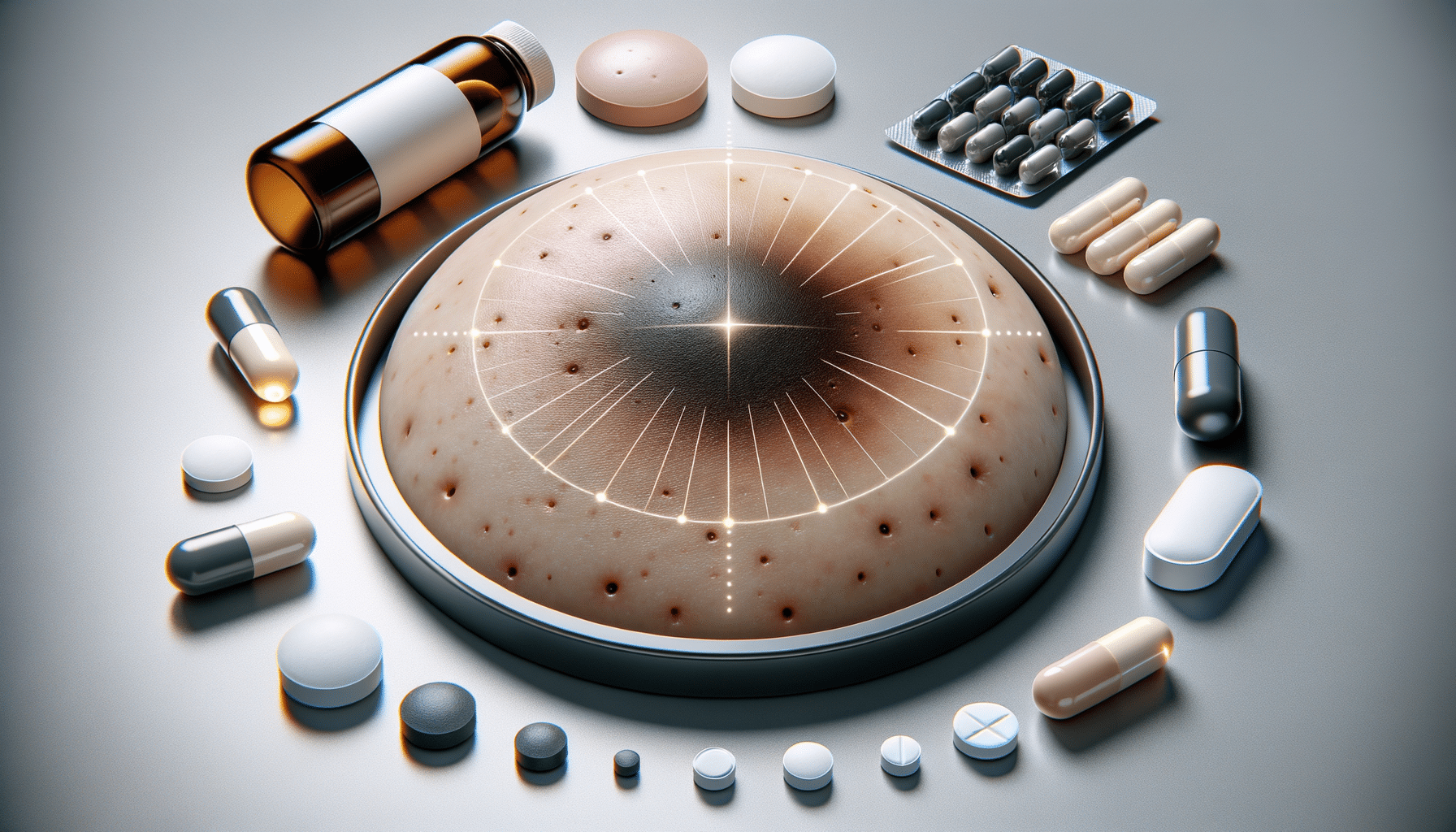
Understanding Sperm Donation Processes
Introduction to Sperm Donation
Sperm donation is a process that allows individuals or couples to conceive a child using sperm from a donor. This method is particularly beneficial for those facing infertility issues, single women, or same-sex couples looking to start a family. The concept of sperm donation is not new; it has been a viable option for decades, offering hope and solutions to countless families worldwide.
The process involves a donor providing sperm to a sperm bank or fertility clinic. The sperm is then screened for quality and health, ensuring it is free from genetic disorders or infectious diseases. This rigorous screening process guarantees that the recipients receive healthy and viable sperm, maximizing the chances of a successful pregnancy.
Sperm donation is a carefully regulated procedure, with legal and ethical guidelines in place to protect both donors and recipients. Donors typically remain anonymous, although some choose to be open to future contact, depending on the regulations of the country or state. This aspect of anonymity can be an important consideration for both parties involved.
IUI with Donor Sperm
Intrauterine insemination (IUI) with donor sperm is a popular fertility treatment option for individuals and couples who require donor sperm. IUI is a less invasive and more straightforward procedure compared to other fertility treatments, making it an attractive option for many.
The process involves placing the donor sperm directly into the uterus during a woman’s ovulation period. This timing increases the likelihood of the sperm meeting the egg, thereby enhancing the chances of conception. IUI is often recommended for women with unexplained infertility, mild endometriosis, or issues with cervical mucus. It is also a favorable choice for single women and same-sex female couples.
Before the procedure, the donor sperm is thawed and prepared in a laboratory setting. The sperm is then inserted into the uterus using a thin catheter. The entire process is quick and typically painless, with no need for anesthesia. Success rates for IUI with donor sperm vary, depending on factors such as the woman’s age, health, and fertility status.
While IUI with donor sperm is generally considered safe, potential risks include multiple pregnancies and mild discomfort during the procedure. It is crucial for individuals to discuss these risks with their healthcare provider to make an informed decision.
IVF with Donor Sperm Cost
In vitro fertilization (IVF) with donor sperm is another option for those looking to conceive. This method is more complex and often more expensive than IUI. However, it offers higher success rates, particularly for individuals with more severe fertility challenges.
The cost of IVF with donor sperm can vary significantly, depending on the clinic, location, and specific medical needs of the patient. On average, the cost can range from several thousand to tens of thousands of dollars per cycle. This price typically includes expenses such as fertility medications, monitoring, egg retrieval, fertilization, and embryo transfer.
Additional costs may arise if genetic testing or other specialized procedures are required. It is essential for prospective parents to discuss the full range of costs with their fertility clinic to avoid unexpected expenses. Some clinics offer financing options or payment plans to help manage the financial burden.
Despite the high costs, many individuals find IVF with donor sperm to be a worthwhile investment in their future family. The procedure allows for greater control over the fertilization process, increasing the likelihood of a successful pregnancy.
Legal and Ethical Considerations
Engaging in fertility treatments involving donor sperm requires careful consideration of various legal and ethical aspects. Laws surrounding sperm donation can vary widely between countries and even within regions, impacting donor anonymity, parental rights, and the legal status of the child.
In many jurisdictions, donors are required to sign agreements relinquishing any parental rights, ensuring that they have no legal responsibilities towards the child. This legal framework protects both donors and recipients, providing clarity and security for all parties involved.
Ethical considerations also play a significant role in sperm donation. Issues such as the right of the child to know their biological origins and the potential for donor-conceived sibling connections are important topics of discussion. Many fertility clinics and sperm banks offer counseling services to help individuals navigate these complex issues.
It is essential for individuals considering sperm donation to seek legal advice and understand the implications of their choices. This understanding ensures that they are fully informed and prepared for the responsibilities and rights associated with donor conception.
Conclusion: Navigating Family Building with Donor Sperm
Sperm donation, along with fertility treatments like IUI and IVF, provides invaluable opportunities for individuals and couples to build their families. Understanding the processes, costs, and legal considerations involved is crucial for making informed decisions.
As the demand for donor sperm continues to grow, advancements in medical technology and changes in societal attitudes are making these options more accessible and widely accepted. For many, the journey to parenthood may be challenging, but with the right information and support, it can also be deeply rewarding.
Ultimately, the decision to use donor sperm is highly personal and should be made with careful consideration of all factors involved. By staying informed and seeking support, individuals and couples can confidently navigate their path to creating the family they desire.


